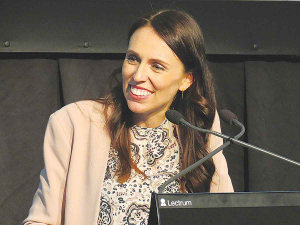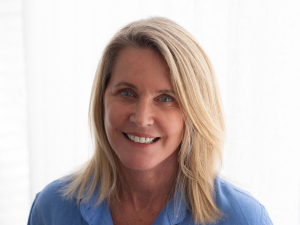New Zealand has joined 32 other nations in formally acknowledging the global crisis.
What does this mean for the dairy industry? Not much.
As DairyNZ points out, the industry shares the Government’s ambition to reduce climate change emissions and is working on various fronts to reduce emissions.
The dairy sector’s climate change commitments and research are geared at supporting farmers to reduce emissions, to help achieve national greenhouse gas targets.
DairyNZ chief executive Tim Mackle says farmers are taking climate change seriously and the sector is committed to playing its part in tackling climate change and reducing its overall footprint.
But there are no silver bullets; the sector cannot turn to electrical vehicles to make a dent in its emissions profile.
It is about making incremental changes across the whole farm system. While many solutions are known, some are not – which is why DairyNZ and others are investing heavily in research.
Mackle rightly points out that it is critical the Government supports farmers to make change over a generation and the pace of other regulation recognises the efforts being made by the dairy sector.
Internationally, New Zealand already stacks up well, as one of the most sustainable and emission efficient dairy producers in the world. Mackle points out that if all dairy producers were as efficient as New Zealand, more than half the global emissions from dairy could be removed.
But the dairy sector knows that it can be even better and is 100% committed to this.
The primary sector has joined forces with government and iwi/ Māori in a world-first climate change partnership, He Waka Eke Noa, which aims to support farmers and growers to measure, manage and reduce their emissions.
He Waka Eke Noa is a five-year programme giving farmers and growers the information, tools and support to reduce emissions and adapt to a changing climate.
The agricultural sector has invested over $60 million over the last decade in developing technologies to reduce agricultural emissions through the Pastoral Greenhouse Gas Consortium.
Farmers understand that emissions from agriculture account for half of NZ’s total emissions.
But our emissions profile is globally unique, and because of this, the way we design climate change policy is also unlike any other country in the world.
















